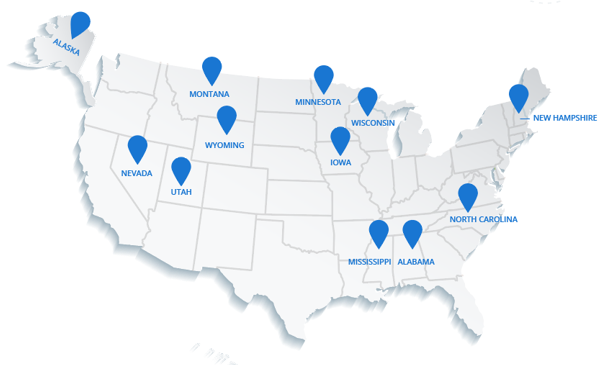In yet another instance of animals coming to the rescue of mankind,Dutch researchers have trained bees to detect Covid-19 samples using their olfaction. The finding could significantly reduce waiting time for test results to few seconds a breakthrough for countries facing the twin challenges of battling coronavirus with fewer test kits.
Researchers from the bio-veterinary lab at Wageningen University, Netherland, used the Pavlovian conditioning method to train bees to sniff out the infection. They treated the bees with sugar water solution every single time they were exposed to the scent of a mink down with Covid-19. But on exposure to the scent of a non-infected mink, the bees were not given anything.This made the bees respond to the infection samples by sticking out their tongues intuitively each time to consume the sugar water.
It can take some hours or days for traditional covid-19 test kits to show the presence of infection. Bees, however, can identify the infection in seconds, given their strong sense of smell that can detect scents with a sensitivity of parts per trillion, making it a cheap and powerful alternative for RT-PCR kits.
Yet, some scientists are skeptical about using bees to identify coronavirus infections. They argue that training bees to spot the virus could take longer than needed, given the alarming rise in cases in some countries, thereby defeating the purpose of using them for tests.
Dr.Nandini Yadav, Internal Medicine Doctor with specialization in cancer-related emergencies and cardio-oncology, at the Memorial Sloan Kettering Cancer Center in New York City says, It's a promising study, but the numbers are too small and the results have to be replicated in different settings with the variants of Covid-19. If validated, it can definitely be useful as a cost-effective testing method. If it becomes scalable, it can be useful for areas of large gatherings such as airports, sporting events, and concerts.
Insect sniffing is not a new technique. In the 1990s, the US Department of Defence used moths, bees, and wasps to detect explosives and toxins.
More recently, in July last year, a study published in the journal BMC Infectious Diseases claimed that dogs might be able to identify people infected with the Coronavirus with proper training. German Armed Forces had conducted the study by training eight dogs for a week to detect the virus in saliva samples. The dogs were successful in spotting the virus 94 percent of the time.
Though there have been some experiments with animals being used to detect TB and Covid in the past, nothing has panned out large scale, warns Dr.Nandini Yadav.
The success and adoption rates of bees as a quick fix for the testing challenges of Covid-19 remain to be seen.
Tags:
InspirationMay 13, 2021




Comments